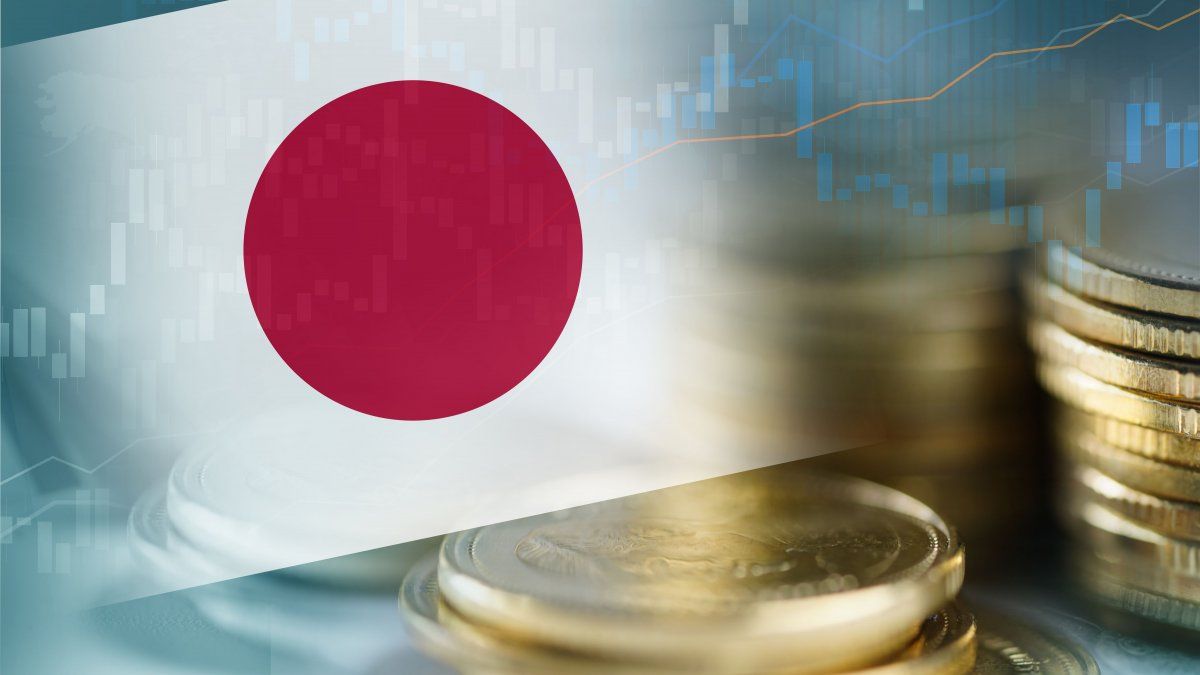Strategists at BlackRock, the most influential global investment fund, are sticking to their bets on Japanese and US stocks despite recent market turmoil.
The top strategists of the BlackRock Investment Institute (BII), a kind of “think tank” of the largest investment fund in the world, consider that It is not the time to leave the market and they are reinforcing their risk bet despite the turbulence of the past few weeks. They say the liquidation of positions at very high levels, fears of a US recession and political uncertainty caused big swings in the market, exacerbated by weak activity; and the Bank of Japan’s (BoJ) sudden willingness to incorporate the yen as a factor in setting policy accelerated the liquidation of “carry trades” that use the Japanese currency to buy other assets.
The content you want to access is exclusive for subscribers.
In his last Weekly, They said they had warned that shifts in risk sentiment and forced positioning could create pockets of market volatility, which happened when the yen rose and Japanese stocks suffered their worst three-day loss ever, forcing the BoJ to backtrack on an aggressive policy shift. As a result, BII remains overweight Japanese stocks. While in the US, macroeconomic data show a slowdown, not a recession, in the opinion of the IIB, so They remain overweight in US stocks and are encouraged by optimistic technological results.


Markets: a Japanese mistake
“Speculators rushing to close out their short yen positions drove one of the largest carry trade liquidations recorded in recent weeks, according to CFTC data. It is difficult to quantify the amount of carry trades that have been liquidated, given the over-the-counter nature of many yen-funded positions,” they explain. “However,” they add, “The sharp closing of the gap between currency and rate spreads and the rapid unwinding of futures positions suggest a significant liquidation. Other position liquidation (equity spread trades linked to the volatility of indices and individual stocks) magnified the fall in stocks”.
Until recently, they recall, the BoJ had deliberately sought to normalize its policy without endangering the return of inflation in the country. Then came its sudden rate hike in July and the confusion of its policy framework, including the yen as a factor. “The emergence of a BoJ policy mistake prompted us to reconsider our positive view on Japan. However, we believed that the BoJ would be forced to backtrack, and it did. We believe that the BoJ will now proceed cautiously on policy, so we maintain an overweight position in Japanese equities on an unhedged basis.” Nevertheless, they acknowledge that “A further dismantling of carry trade operations and a strengthening of the yen is a risk”. Although they say that “However, we like the virtuous circle of inflation boosting wage growth, and therefore pricing power and corporate profits. Corporate reforms aimed at adding value to shareholders are also key.”.
Fear of recession
While Japan bore the brunt of the turmoil in recent weeks, recession fears in the U.S. prompted the latest drop after U.S. payrolls data for July showed a spike in the unemployment rate. “However,” BII says, “the unemployment rate remains remarkably low by historical standards, and is rising due to a growing labor force linked to immigration, not job losses.” In its assessment, “The latest jobless claims, ISM services data and the Fed’s bank lending survey paint a picture of an economy that is slowing, not moving closer to recession”.
On the other hand, they state that “stronger than expected US corporate earnings, especially in technology, reaffirm our positive view of the US.” In this regard, they point out that “while technology leads growth, non-tech sectors are set to record their first earnings growth since late 2022, a sign that strong corporate earnings may be broadening.” Therefore, they maintain “an overweight position on US stocks and on the theme of artificial intelligence (AI).”
His conclusion is that “we could still see pockets of volatility in the sparse summer trading.” But “Rather than reducing risk, we stick to our highest conviction views: we remain overweight Japanese and US equities, and favor the AI theme in the US.”
Source: Ambito
I am a 24-year-old writer and journalist who has been working in the news industry for the past two years. I write primarily about market news, so if you’re looking for insights into what’s going on in the stock market or economic indicators, you’ve come to the right place. I also dabble in writing articles on lifestyle trends and pop culture news.




